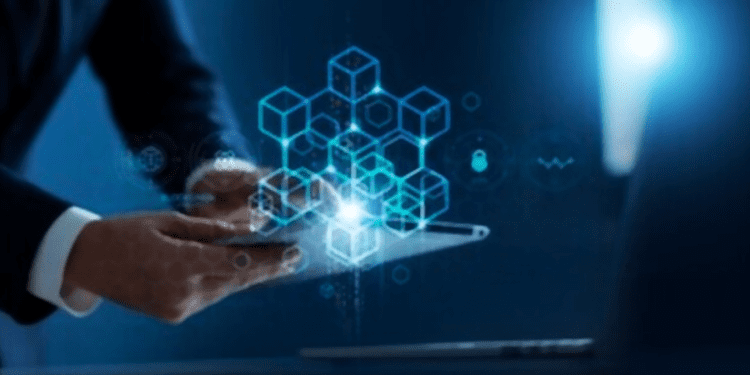What is Blockchain Technology
When people hear “Blockchain,” they automatically think “Bitcoin or crypto.” That is just a tiny part of Blockchain and what it provides. Blockchain is a decentralized technology. A network system that stores information but is impossible to hack or tamper with. This system brings solutions to many issues we have around the world.
DEFI (Decentralized Finance)
We live in a world where most financial systems are centralized, meaning big institutions and governments control them. As a participant in this system, a third party always holds your most valued assets and finances. This leads to numerous issues.
- Security
- Third-Party Fees
- Not having Complete Control
- Exploited Clients/Citizens
- Lack of Privacy
DEFI is also known as decentralized finance. Blockchain brings decentralization which will give the world a free-market system in which anyone can partake. Brings complete control over your assets and funds. Provides Security and Privacy for any participant. Any transactions on the Blockchain can be anonymous.
DEFI allows all consumers and businesses to transact without third parties. This will connect everyone worldwide to one market, making international trades much more common. This is a system that gives power back to the people.
Progression of Third World Countries
Blockchain holds life-changing value to Third World countries. Many of these countries have people with no access to banks, and their financial systems are crumbling or non-existent. Anyone in the world can access Blockchain with only an internet connection.
Blockchain can set up a finance system very efficiently instead of building government or institutional banks or any financial system, which can be very difficult for underdeveloped countries. Blockchain can also limit much of the corruption in these third-world countries. Blockchain can provide an economic system where there isn’t one and improve economies to a great extent.
Digital Proprietorship
Everything on Blockchain, from transactions to ownership, can be tracked. On Blockchain, an NFT (non-fungible token) can hold information or right of that item. This can be applied too many things in our lives. For example, in Real Estate Ownership, owning an NFT would show you that you are the owner of a piece of property.
This brings an opportunity for the real estate market to become much more efficient. There would be a marketplace where you can buy real Estate instantly, and you would have the deed to that property by owning the NFT, and ownership can always be checked through the Blockchain. Real Estate is not the only thing that would change.
This can apply to medical records, legal documents, and supply chains. The possibilities are endless, all improving lives.
International Trade
Transaction across countries, most of the time, is complicated. When sending money internationally, the fees alone make it nearly impossible to have sustainable transactions globally. Blockchain removes fees and delays—instant transactions across the globe. Supply Chains can also be improved very efficiently with Blockchain. Most supply chains have outdated systems that can’t communicate with each other. A blockchain database would allow for a much more efficient system with communication.














